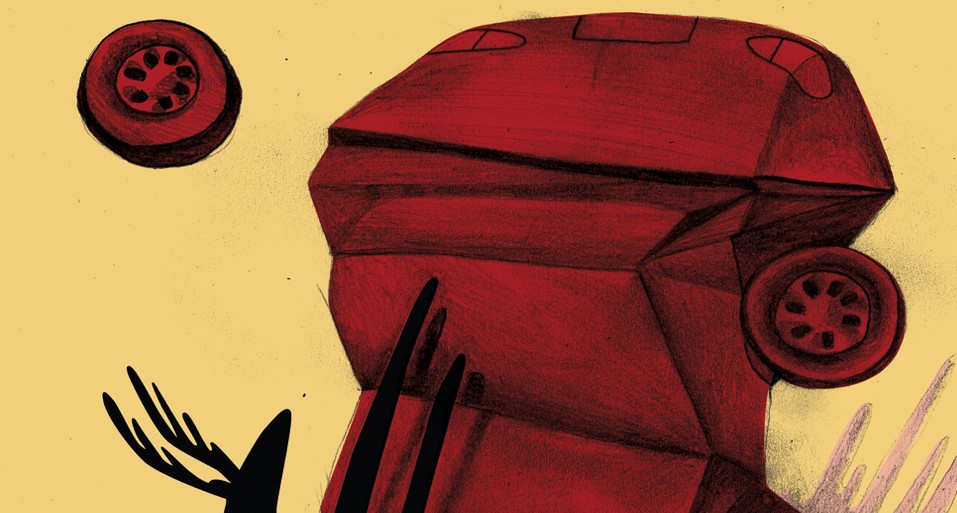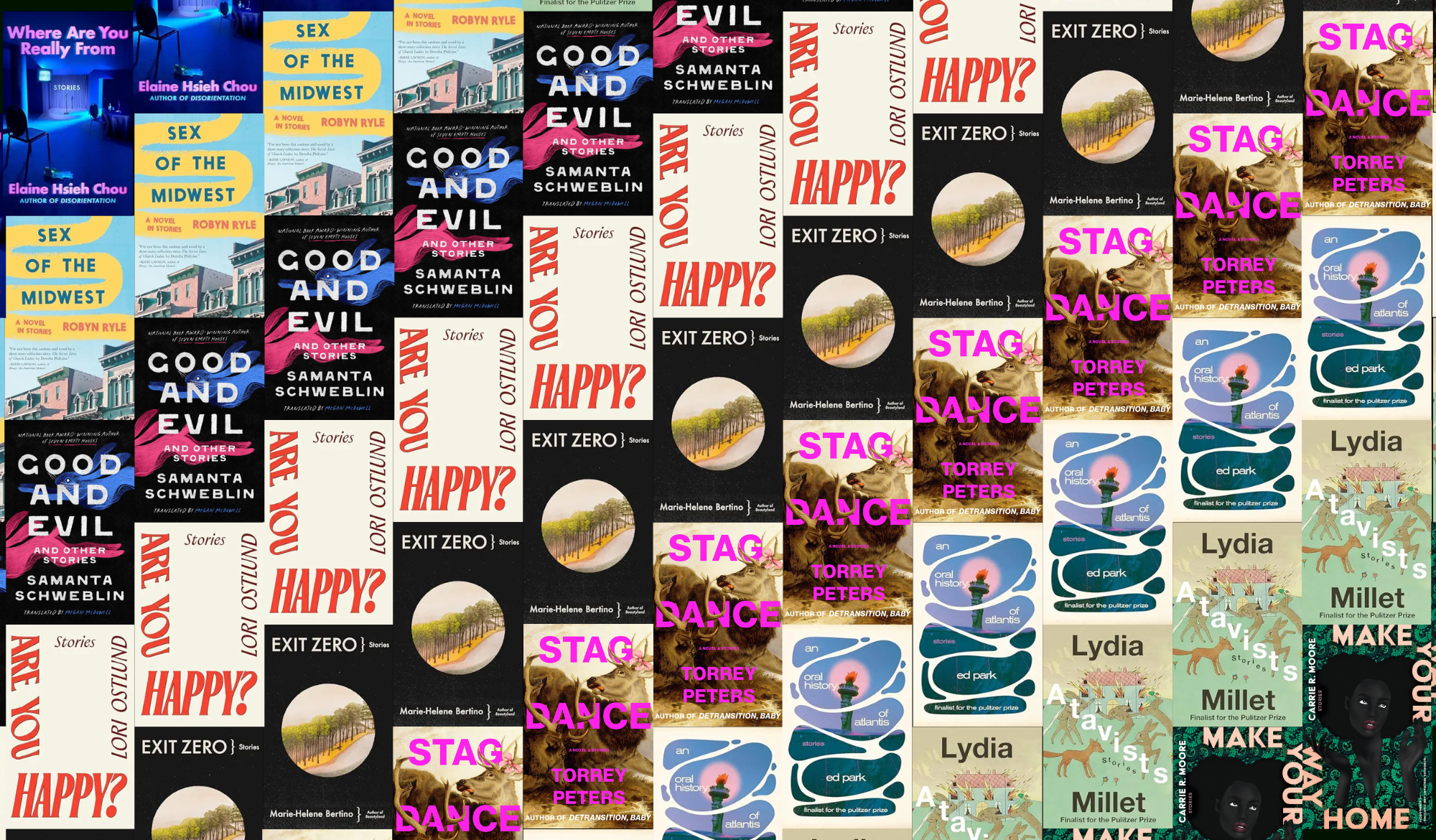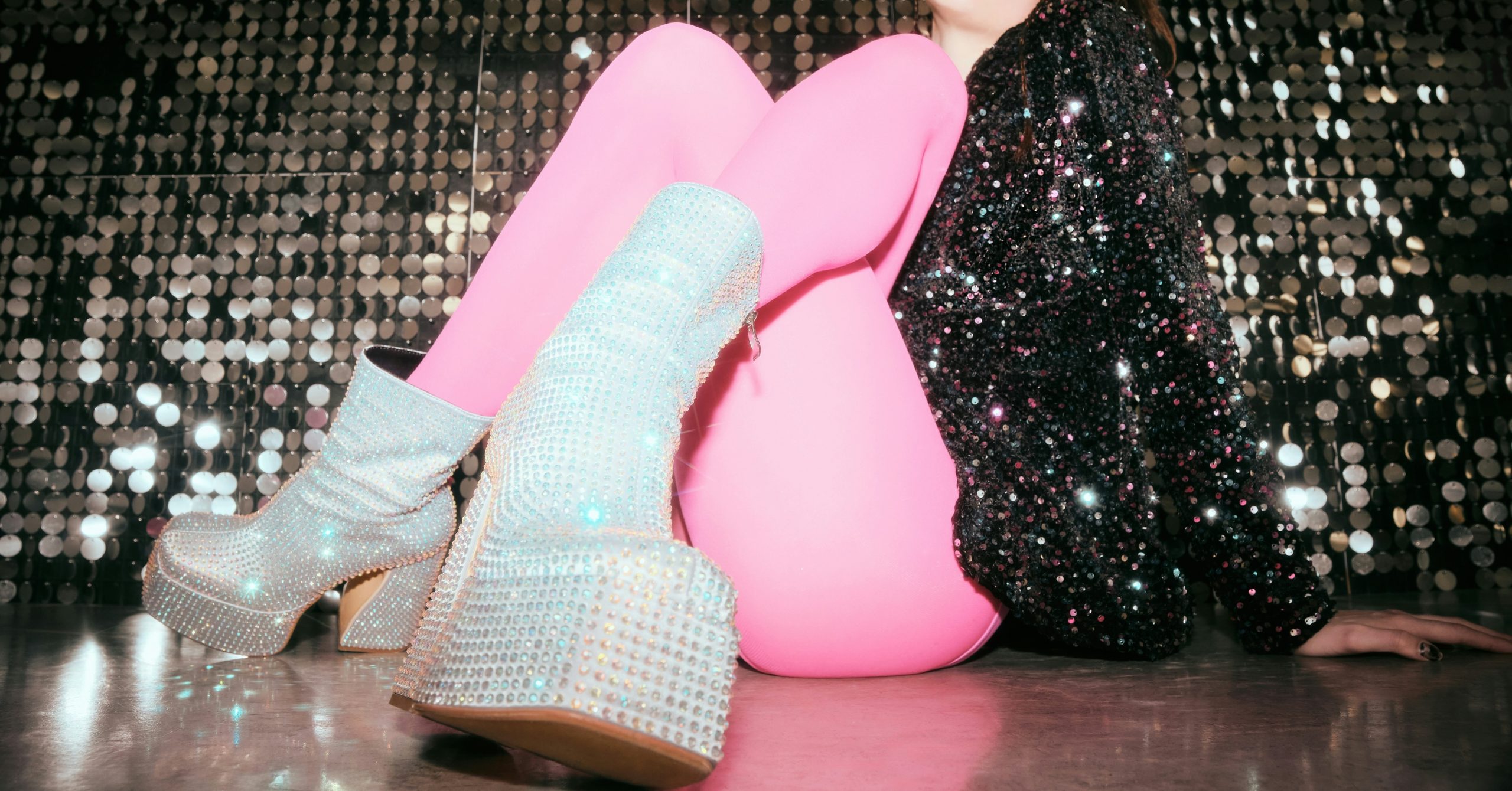Books & Culture
REVIEW: Jillian by Halle Butler

If everyone is connected then the threshold between one person and the next must be a smelly mess. In her debut novel, Jillian, Halle Butler takes this assumption to its darkest point when she draws a line between two women, a 35-year-old single mother of one and a 24 year-old casual alcoholic with commitment issues. They work together at a gastroenterologist’s office, which Megan, the younger of the two, renders succinctly by saying, “I look at saltine-sized photos of diseased anuses and colons all day.” Needless to say, she doesn’t like her job, but like her co-worker, Jillian, she lacks the fortitude and foresight to move on, which becomes a reoccurring theme throughout the novel.
Jillian is populated with characters that are stuck. Not just Jillian or Megan, but also Megan’s boyfriend, Jillian’s church friend, and even Jillian’s dog wander in and out of the narrator’s consciousness, each with their own set of values, each more misguided than the last. The beauty of this novel is that Butler handles their respective misery with deft clarity and dry wit, turning expectation on its head, only to prove its worth in the end.
The story arc is bookended with an accident and recovery. Megan is stabbed in the butt with a cooking knife, and like most everything in the novel, the appeal of this accident only lasts as long as its social importance. Once it becomes clear that Megan’s scar will not bring her attention, she moves on to the next feasible spectacle. Her most grandiose of these is a walk through her neighborhood in only her pajamas on the first warm day of the year. The moment is fascinating but also maddening, because her motivation is rooted in jealousy and self-loathing, which, to Butler’s credit, comes across as funny and self-reflexively real:
Oh right, heat, she thought. She was wearing flannel pajama pants. She thought about taking them off, but she didn’t what to take her pants off in front of Randy. She put shoes on, poured herself a glass of water, and left the apartment. Fuck you, Randy.
Megan’s negativity is juxtaposed with Jillian’s unwavering optimism, which very quickly reveals itself to be a defense mechanism. She focuses on long-term plains like starting a business and adopting a shelter pet in order to avoid her more pressing problems, a traffic violation that escalates quickly and mounting financial issues. One of the most irksome traits of this character is that she struggles throughout the novel to pay for her son’s daycare, but she still spends seven dollars on a drink from Starbucks every morning. Jillian continually acts against her best interest. She is a walking contradiction, which at times bottoms-out to create some of the saddest and most endearing moments of the novel, but it’s impossible to ignore the fact that these moments are a direct result of Jillian’s own mistakes. And that is the real challenge in this novel’s narrative; in order to empathize with Jillian and other characters, one is force to reconcile the ugliness within themselves, the part of themselves that is needy and unreliable. Butler takes a real risk here, hinging the success of her novel on her readers’ ability to forgive themselves for being just as selfish and unaware as her characters.
Like any great author, Butler is pulling her influences from contemporaries as well as the broader side of the literary canon. There are nods to Ann Beattie’s restlessness and Amy Hemple’s wonder and playfulness, but there are also moments that seem almost directly borrowed from Tao Lin, such as line progressions like “She was depressed. She said, ‘I’m depressed.’” But that’s not a fault. Butler maneuvers the distance within her prose in a different direction, creating a narrative that flitters between consciences, pulling from each a side-long perspective of the human condition and revealing it to be unpredictable and dangerous, and, nevertheless, righteous.
The best line of the book comes from the consciousness of Jillian’s dog. As it chews on a rawhide bone, it thinks, “It’s good to have an activity, even if you don’t fully understand what you’re doing.” That may be true, but it comes with a hint of irony, because if Jillian’s characters possessed the ability to understand their actions fully, the novel would follow a much straighter path. And like the trope “the more circuitous the journey the better the story”, Jillian is the sum of its characters’ misdirections. It’s a frank depiction of modern indecency, and a reflection of a generation that lacks any shred of a moral compass.

by Halle Butler










